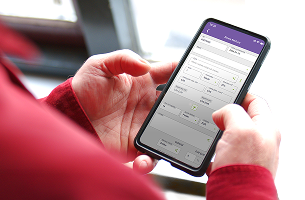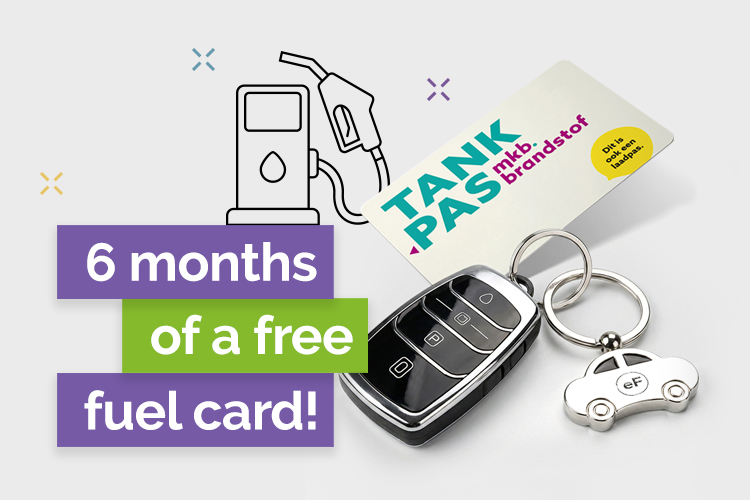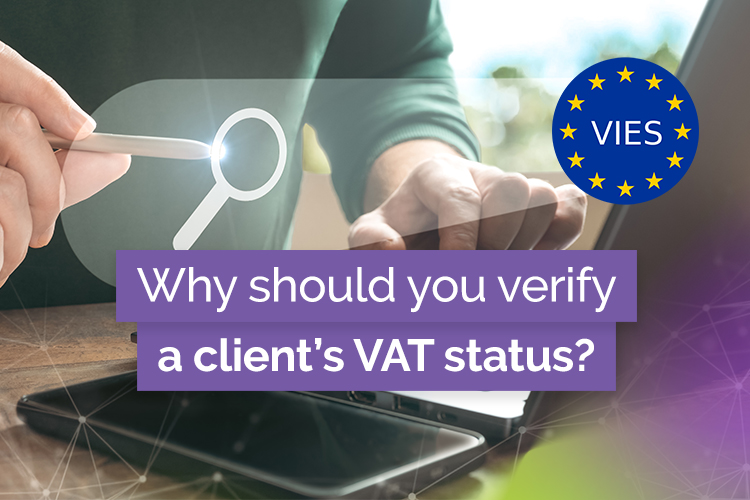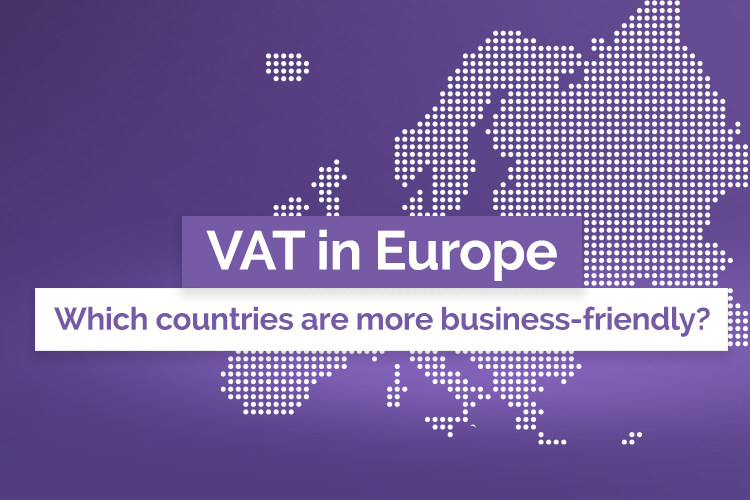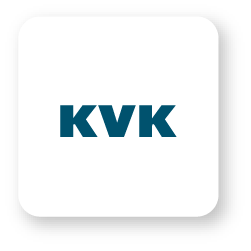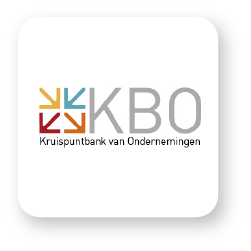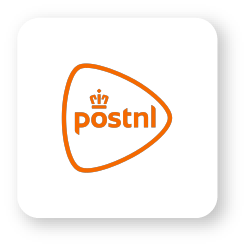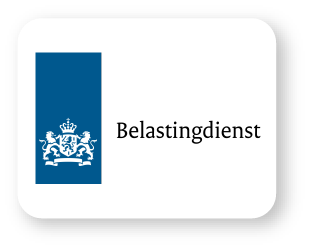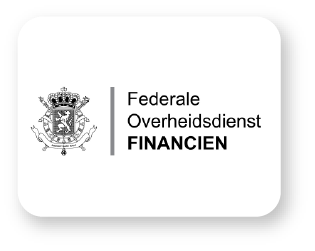License Plates in the Netherlands
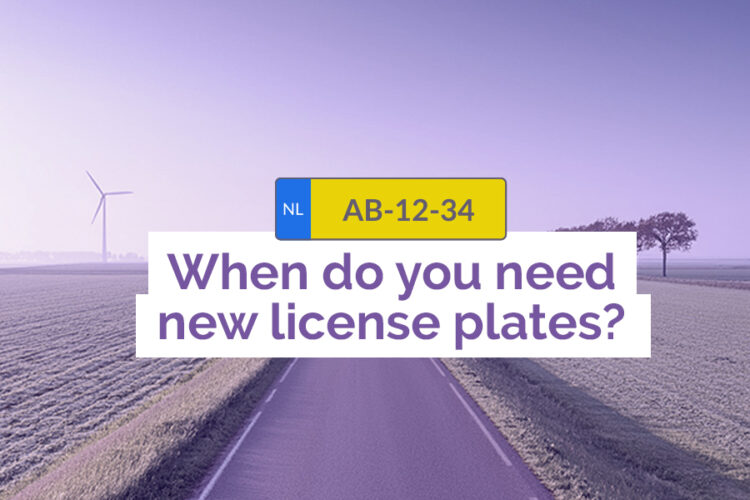
What obligations come with foreign license plates in the Netherlands? This topic raises many questions, especially for newcomers. Here are some key points you need to know.
Firstly, if you arrive in the Netherlands with a car on foreign plates, you can drive it temporarily without local registration. The allowed period varies based on your personal situation.
When Must You Register Your Car?
If you intend to stay longer, you must register your car locally. Here are some scenarios where registration is necessary:
- Permanent Residence: Settling permanently? Register your car within six months of arrival.
- Working in the Netherlands: Working here but registered elsewhere? Use your foreign-plated car for up to three months.
- Studies: Foreign students can use their cars throughout their studies, provided they are fully enrolled.
Car Registration Procedure in the Netherlands
To register your car in the Netherlands, you need to follow several steps:
- RDW (Rijksdienst voor het Wegverkeer): Contact RDW, the institution responsible for vehicle registration, and schedule an appointment at one of their offices.
- Technical Inspection: Your car must pass a technical inspection (APK). Make sure the vehicle’s condition is adequate and meets Dutch regulations.
- Insurance: After a successful inspection, you need to obtain car insurance. The Netherlands requires mandatory liability insurance.
- Fees: Prepare to pay the road tax (motorrijtuigenbelasting) and other registration-related fees, including the BPM tax.
You can find the current registration fee schedule HERE.
What Can Happen If You Don’t Register Your Car According to Regulations?
If you drive a vehicle that should be registered with RDW, it will be noted quickly. Avoiding road checks will not be enough.
ANPR System
The Netherlands employs ANPR for automatic checks of vehicle registration (Automatic Number Plate Recognition). This technology captures license plates via cameras on roads, in police cars, and at fuel stations and parking lots.
Failing to register on time can lead to severe penalties. Authorities may impose hefty fines or even confiscate your vehicle.
Car registration in the Netherlands offers advantages. It ensures your insurance is valid, protecting you from high costs after accidents. It also helps you avoid legal issues and financial penalties.
For any doubts, contact an RDW employee directly or seek advice from an insurance advisor or accountant.
Source:
www.rijksoverheid.nl
